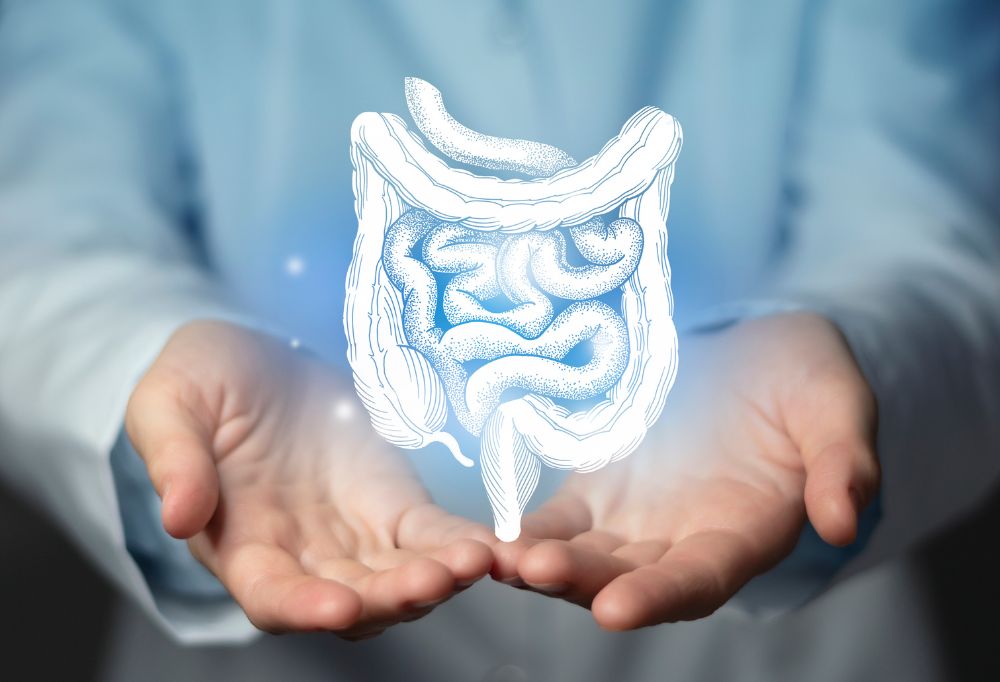Reviewed by Kimberly Cabe, FNP-BC of Forum Health Rochester Hills
Not getting enough sleep is just the start of why you may always be tired, here’s what you can do.
Like many people, you may find yourself struggling with feeling run down or not having enough energy to enjoy life. Always feeling fatigued can be a sign of other underlying issues and overtime can become chronic. However, there are some common causes as to why you may always feel tired.
The four most common causes of tiredness and fatigue, and what you can do to overcome them.
Not Enough Sleep
It sounds obvious, but a common cause of fatigue is simply not getting enough sleep at night. Most adults need seven to eight hours of sleep every night in order to stay healthy. Sleep is essential in your body’s recovery process and dictates how you function during wakefulness. Your ability to be alert, have proper cognitive function and feel energized all start with your quality of sleep.
What works: If you’re routinely sleeping less than seven hours a night, adjusting your routine to make adequate sleep a priority may improve your feeling of tiredness during the day. Creating a bedtime routine, setting your phone to “do not disturb” and limiting screen time before bed are all ways to help you get to slee
Sleep Apnea
If you think you’re getting enough sleep, the recommended number of hours a night, but still wake up feeling tired, you may be suffering from sleep apnea and not know it. Sleep apnea occurs when you wake up briefly in the middle of the night because you’ve stopped breathing. Sleep apnea interferes with your ability to get adequate REM sleep. People who are overweight or smoke are at a higher risk for developing sleep apnea.
What works: Losing weight, quitting smoking, or sleeping with a CPAP device can help resolve sleep apnea. If you feel that you may be suffering from sleep apnea or find yourself waking up multiple times a night, speak with your Forum Health provider for options on how to achieve adequate sleep.
Inadequate Nutrition
Tiredness and fatigue can also be a result of eating too little or eating too much of certain types of foods. Foods that cause your blood sugar to spike and then crash can make you feel sluggish. This spike and crash can become cyclical leading to constant tiredness and low energy.
What works: To keep your blood sugar levels in a consistently normal range, focus on meals and snacks that combine protein with complex carbohydrates. Being mindful of sugar and caffeine intake, and noticing how these foods impact your energy levels.
Dehydration
Another easily treatable cause of fatigue is dehydration. Feelings of thirst often indicate that you may already be dehydrated. Additionally, if your urine is not lightly colored, you’re probably not drinking enough water.
What works: Most women require at least 48 ounces of water every day, and men should drink at least 64 ounces to avoid dehydration and fatigue. Keeping a reusable water bottle with you is a good reminder to stay hydrated, also alternating between water and other beverages you enjoy throughout the day. In cases of severe dehydration, receiving an IV therapy treatment is a quick and effective solution to recover.
Still not feeling great?
In some cases, persistent fatigue could be the result of an underlying medical condition. If you’re getting adequate rest and fluids and eating a balanced diet, talk to your Forum Health provider about why you may not be recovering from fatigue.






